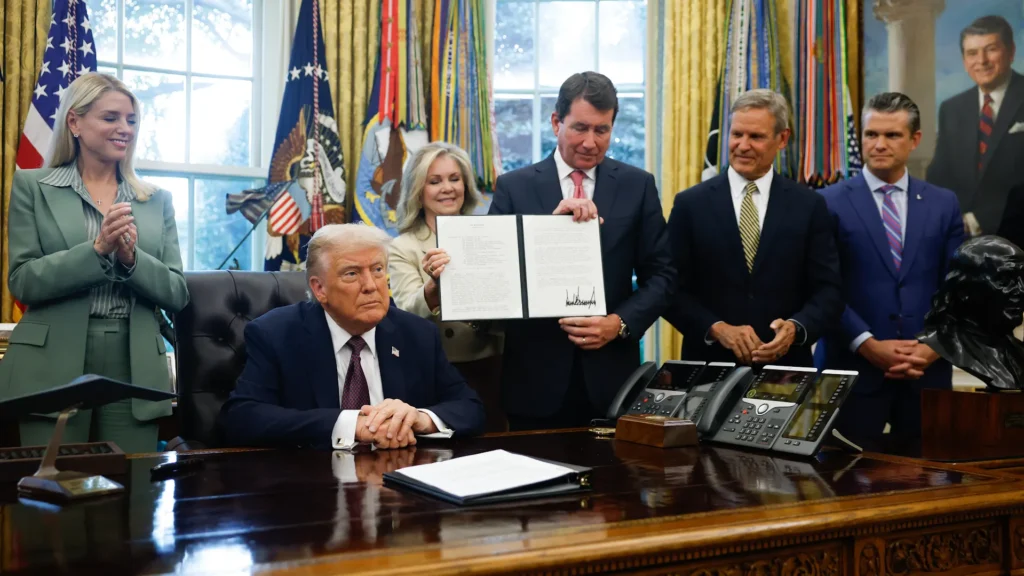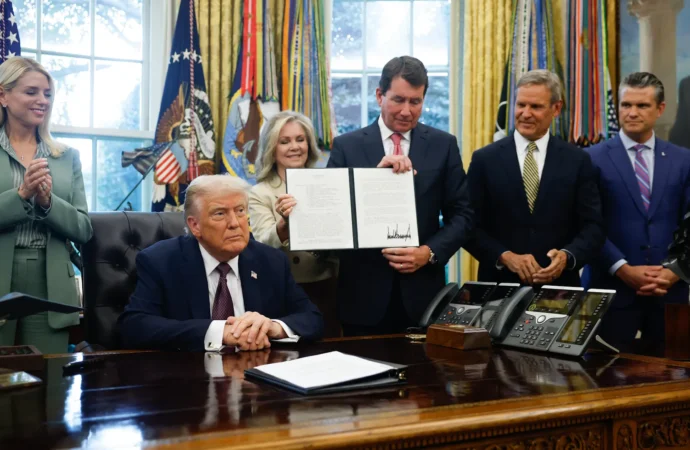The deployment of the National Guard to Memphis, Tennessee, has sparked intense debate over the role of federal power in local policing. President Donald Trump announced the move this week, framing it as a response to “rising crime” in the city and a demonstration of his administration’s commitment to public safety. Governor Bill Lee backed
The deployment of the National Guard to Memphis, Tennessee, has sparked intense debate over the role of federal power in local policing. President Donald Trump announced the move this week, framing it as a response to “rising crime” in the city and a demonstration of his administration’s commitment to public safety. Governor Bill Lee backed the deployment, but the decision has drawn mixed reactions from local leaders and residents, who say they were neither consulted nor convinced that military involvement is necessary.

Memphis Mayor Paul Young was particularly outspoken, noting that the city had not requested federal assistance and that crime statistics for 2025 actually show an overall decline compared to previous years. Critics argue that bringing in the Guard risks sending the wrong message to communities that need trust and partnership, not intimidation, from law enforcement. Others warn of the potential for confusion between state soldiers and local police, raising concerns about oversight, accountability, and the impact on civil liberties. Supporters of the deployment, however, point to violent crime incidents earlier this year and insist that extraordinary steps are justified to restore order and deter further violence.
Beyond Memphis, the announcement has national implications. Trump has hinted that similar deployments could come to other cities, including Chicago, New Orleans, Baltimore, and St. Louis, regardless of whether local governments agree. That prospect has alarmed civil rights advocates, who argue that the strategy amounts to federal overreach and risks militarizing American streets under the guise of public safety. The Memphis case, in particular, underscores the tension between data-driven policy and political messaging: while statistics suggest crime is trending downward, the federal narrative emphasizes danger and crisis. The question now is whether the National Guard’s presence will genuinely improve safety or whether it will deepen mistrust between the public and those tasked with protecting them.

















Leave a Comment
Your email address will not be published. Required fields are marked with *